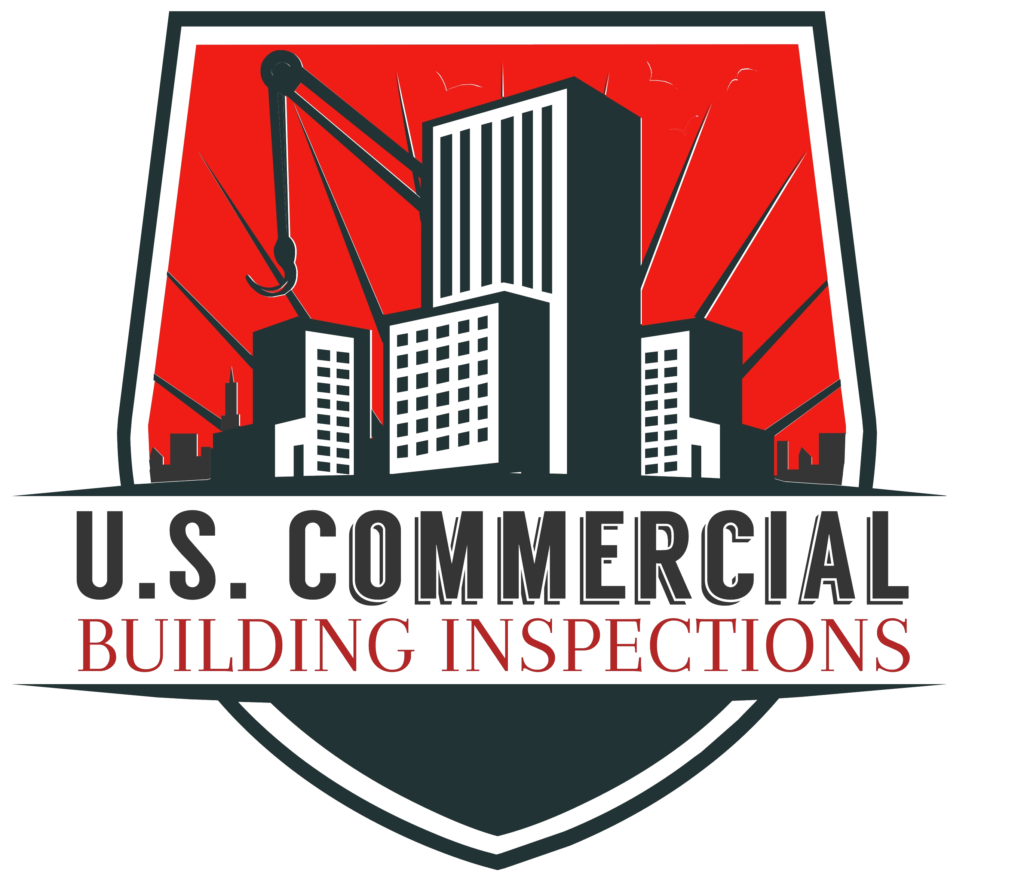As the phrase goes, there are two certainties in life, death and taxes.
Luckily, the tax codes have been constructed, so if navigated correctly, you can minimize the tax impact on your bottom line. This article will highlight the best ways to reduce your tax bill, which is money in your pocket.
Own Properties for More Than a Year
First, an easy way to lower your tax bill is to hold onto a property for more than a year.
If you purchase and sell a house for profit within the same year, the tax is 10-%-37% depending on your yearly income, which could severely cut into your profits.
However, should you hold the property over a year and one day more, you will be taxed as a long-term capital gain, which currently sits at 0% to 20%, depending on your tax bracket.
Take Advantage of all Your Deductions
When investing in real estate and saving money on taxes, it’s all about taking advantage of all your IRS allowable deductions. If you don’t, you will be leaving a lot of money on the table.
For example, here are some important and the largest write-offs you need to know about:
- Property taxes
- Property repairs or ongoing maintenance
- Homeowners insurance
- Mortgage interest rates
- Property management fees.
- Advertising and marketing expenses
There are other deductions, and a good CPA can undoubtedly assist with this, but some additional items to consider are business expenses, home office expenses, membership fees, and much more.
All these deductions can add up to thousands of dollars saved.
1031 Exchange
Section 1031 of the Internal Revenue Code allows investors to defer gains on real or personal property used in a business or held for investment if they perform a “1031 tax exchange” for a property of “like-kind”.
Like-kind has to be related to your business or investment property. For example, let’s say you sell your apartment building, then you could exchange under the tax code for an office building and avoid capital gains taxes.
You have 45 days once your property sells to go into contract on the replacement property, and you have 180 days to complete after the initial transfer.
Form an LLC
Many investors form a corporation for additional business tax deductions like a limited liability company (LLC) or limited partnership (LP).
With the latest tax cuts from President Trump, it gave corporations a massive tax cut.
This may not be for everyone, but if applicable, it can be a great fit. The corporate tax rate was lowered from 35% to 21%.
By doing so, you can deduct many other costs related to running your business, such as:
* Legal and or professional fees such as a lawyer or broker
* Home office or office space
* Business equipment and software
* Travel expenses and gas for your vehicle
* Education and memberships
* Meals
Make sure you keep track of all your expenses throughout the year to take advantage of these deductions.
Write Off All Depreciation
Suppose you purchase real estate to rent it. In that case, you can depreciate the costs associated with the property over some time until you sell it, or you’ve depreciated your entire cost basis.
Depreciation is one of the most significant overlooked tax advantages for real estate investors because it provides a tax deduction that isn’t an expense.
For example, a rental property that produces $12,000 in annual income after expenses. If it costs $6,000 in annual depreciation, this will reduce your property’s taxable income to just $6,000.
Essentially you get to earn $6,000 a year in passive income without paying taxes on none of it.
And if you are smart and own an LLC, you can take advantage of the pass-through deduction, reducing your net income by an additional 20% (or $1,200) to $4,800 for earnings of $7,200 passive income.
You will have paid very little taxes over the five years and have collected approximately $36,000 in passive income.
All this money adds up over time and can differentiate between a successful investment venture and a money-losing failure.
Used a Self-Directed Individual Retirement Accounts (IRA)
This tip can be a bit cumbersome because it involves multiple entities such as a trust, but purchasing real estate in an IRA can dramatically lower your tax bill.
If purchases and sales are made within the IRA, all gains will follow standard IRA rules, allowing you to invest in alternative assets, including real estate, tax-free, or tax-deferred. However, distribution rules apply, meaning you will have to wait until retirement before pulling cash out of the account.
Avoid Doubling FICA Taxes
Try to avoid paying double FICA taxes. This is a tax on employees to fund social security.
Typically, the employer pays a percentage, and the employee does as well, but you are responsible for the entire amount if you are self-employed.
To avoid this tax, limit your house flipping to one a year, and you will not be titled a dealer. Avoiding the dealer designation will save you a ton in taxes.
Reside in the Property Longer than Two Years
This may not be for everyone, but if you are not a flipper or rental income investor then this strategy can work if you can stay put in the home for a bit of time.
To qualify, the IRS says that you can only write of one home and it must act as your primary residence where you live most of the time.
If you live on the property for more than two years, the first $250,000 in gains is tax-free if you are single, $500,000 if you are married.
Buy in an Opportunity Zone
According to the IRS, “Opportunity Zones are an economic development tool that allows people to invest in distressed areas in the United States. Their purpose is to spur economic growth and job creation in low-income communities while providing tax benefits to investors.”
Real estate investors who sell a property with a capital gain can defer or pay no capital gains if they purchase in an opportunity zone fund.
The tax rule was adopted in 2018 as part of the Tax Cuts and Job Act to encourage growth in over 8700 opportunity zones across the nation, which are some of the most rural and distressed areas to invest in.
But be very careful if you explore this option because distressed areas have low property values and a high probability of becoming more distressed as their economic situation worsens with time.
Hire a Certified Public Accountant (CPA)
Lastly, if you are savvy in real estate but not taxation, then you will greatly benefit from a CPA.
Their sole mission is to help you understand and better prepare for taxes.
With a CPA, they can find ways to minimize your tax bill, and it can include nontraditional deductions tailored to your specific situation.
These are ten tips to help lower your tax bill for real estate investors.
There are plenty more and likely to be some specific to your situation.
If you have any more questions, I suggest that you read the newest edition of Publication 527 from the IRS on Rental Properties and Taxes and also consult with a CPA to help ensure you are operating as efficiently as possible.

Maurice is the Chief Inspector for U.S. Commercial Building Inspections of Southern California. He is a Certified Commercial Property Inspector (CCPI) with over 25 years of extensive experience in real estate, construction, restoration, remediation, and business development.
He holds numerous inspection certifications with the Commercial Property Inspectors Association (CCPIA), the International Association of Home Inspectors (InterNACHI), and he is also a Certified Mold Inspector (CMI), Certified Mold Remediator (CMR), and a member of the Indoor Air Quality Association (IAQA).
